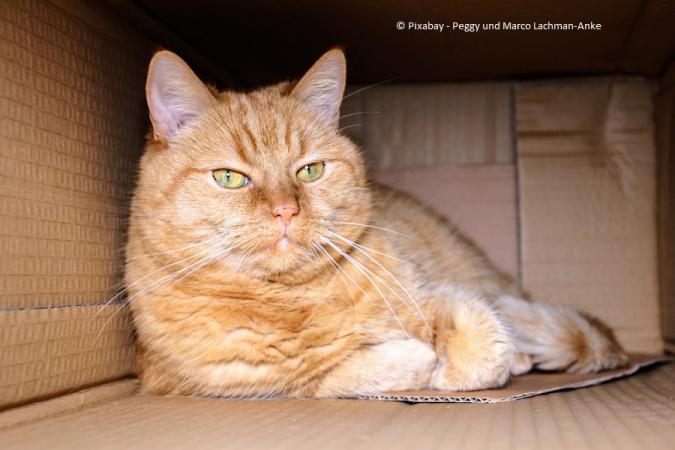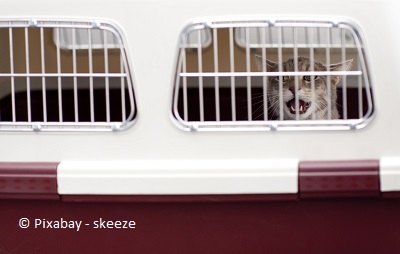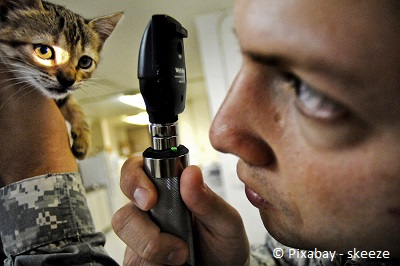
One thing that is forgotten about too often during the PCS madness are the pets. Beloved companions that have been living in the home for years without any issue, suddenly become major issues, because of breeds, time of PCS or the realization that it may be quite costly to ship them to the new duty station.
Not everyone has the luxury to choose their pet knowing what restrictions may lay ahead being in the military, because the pet was there prior to the service. But if it is possible, be aware that some duty stations have restrictions on certain dog breeds, like in Germany and Belgium. Also, most military bases have a ban on certain breeds like Rottweilers, Dobermans, Wolf hybrids and several others. If the next duty station is in Hawaii, it’s not advisable to get a Bengal cat; they are banned on the Islands.
 To check if your dog may fall under the banned breeds in Germany check out this link: https://www.zoll.de/EN/Private-individuals/Travel/Entering-Germany/Restrictions/Dangerous-dogs/dangerous-dogs.html
To check if your dog may fall under the banned breeds in Germany check out this link: https://www.zoll.de/EN/Private-individuals/Travel/Entering-Germany/Restrictions/Dangerous-dogs/dangerous-dogs.html
Another thing to consider is that many airlines no longer ship snub nosed dogs and cats, especially during hot summer months. And the larger the pet, the costlier the shipping is.
While there is the option of the rotator flight, pet spots fill up fast and spots aren’t able to be reserved unless orders have been issued. That makes planning ahead super important. The next best option is to fly commercially and check the pet as cargo. If all that fails, then a professional pet shipping company can help.
Also consider additional costs that may arise for kenneling, if needed. The best plan is to set a monthly amount aside, so costs for a transport are covered. And if the money is not needed for pet shipping, it’s always good to have some cash set aside. There are also several grants you can apply for that will help you pay for shipping, but there are long waiting lists for them.
As for the big move itself, remember to provide an area it can retreat to when the packers are there. Best is a room that can be locked and set up an area with all the pet’s things, food and toys. Once in temporary housing, it’s a good idea, if you have cats to organize a large dog kennel and keep them kenneled with their litter box, bed and food dishes. Too often cats get freaked out and dash out during those times, leaving the owner scrambling to find their beloved pet 24 hours before the plane leaves. Also, be sure the pet’s papers are not packed by the movers. Cats and dogs need to be chipped, and after they are chipped, they need to be vaccinated for rabies. They also have to have a health certificate before leaving for Germany.
 For more information check out: https://www.aphis.usda.gov/aphis/pet-travel/by-country/eu/pettravel-germany
For more information check out: https://www.aphis.usda.gov/aphis/pet-travel/by-country/eu/pettravel-germany
Once you and your pet have arrived in Germany, it’s a great idea to register your pet in the local pet database, in case it ever gets lost or runs away. In Germany this database is called Tasso. It is free to use, although they do send out yearly donation slips. You can easily register your pet online.
Find more information about Tasso right here: https://www.tasso.net/Tierregister/Tier-registrieren?lang=en-US
For military members and affiliated workers, registering your pet at the on-base vet is also a good idea, even if you don’t plan on using him. Some communities also require military members to register their dogs under the dog tax registry, but under the SOFA agreement you are exempt from paying the tax. You just get the tag to put on your pup’s collar. If unsure, contact your local community offices or city hall.
For dog owners it is important to know that some German states have a mandatory dog liability law, while other states only require liability insurance on list dogs or don’t require any insurance at all. If your home state or dog falls under that, check out this link: https://www.die-hundehaftpflicht.de/hundehaftpflicht-pflicht/
As you can see, there is lots to be prepared for and look into before, during and after the move. Give yourself plenty of time in advance to get it all done, schedule appointments way ahead of time and keep track of all the paperwork. Keeping a folder or binder works great.
Hopefully your pets move will be as smooth as possible; see you in Germany!!


Comments powered by CComment